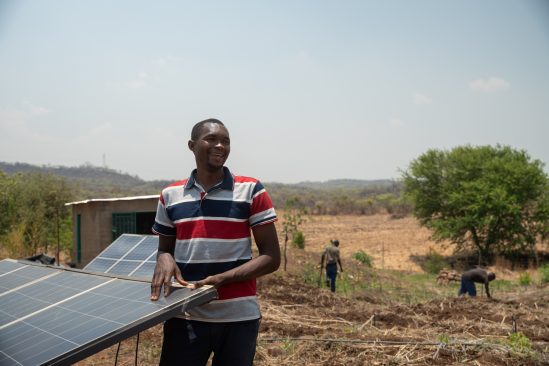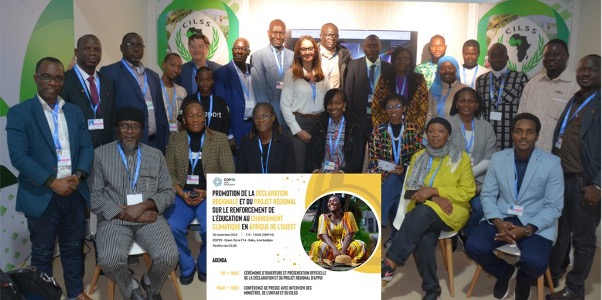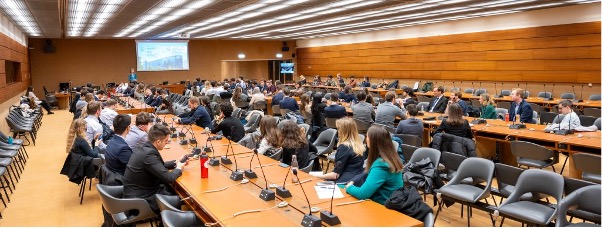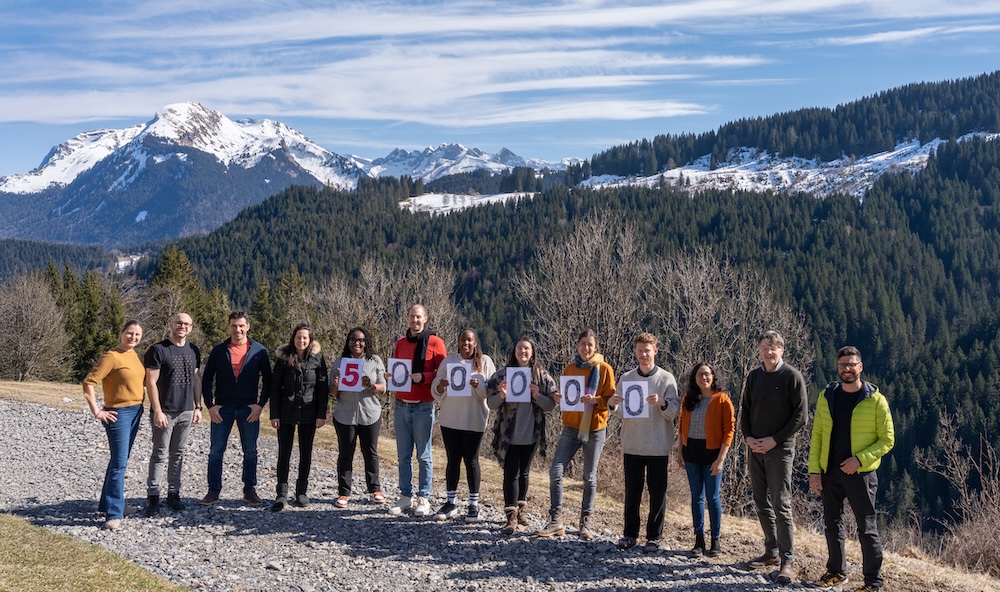UN CC:Learn in 2024


Angus Mackay, Director, Division for Planet, UNITAR, and Head of the UN CC:Learn Secretariat
Highlights

A strategic approach to climate change education and training adopted and advanced in Ecuador, Ethiopia, the Kyrgyz Republic, and Liberia...
Read More
Kenya and Uganda advance efforts to build youth knowledge and engagement on climate change, Ghana raises public awareness through the...
Read More
In collaboration with the NDC Partnership, UN CC:Learn promotes communication, public outreach, and capacity building on the Nationally Determined Contribution...
Read More
UN CC:Learn partner countries and other interested countries exchanged experiences, good practices, and lessons on mobilizing resources for ACE implementation...
Read More
UN CC:Learn surpasses a significant milestone with over 900,000 enrollments and 400,000 certificates issued on its e-learning platform by the...
Read More
UN CC:Learn e-learning platform expanded with 8 new, updated, translated, or affiliated courses for the global public and specific professionals....
Read More
UN CC:Learn e-learning products officially adopted by GEMS Education, one of the largest education providers in the world, to upskill...
Read More
Twelve new UN CC:Learn Champions appointed in 2024, among over 1,000 applicants, in recognition of their outstanding efforts to address...
Read More

New e-courses for youth launched on Becoming a Climate Change Champion and Mastering International Climate Negotiations in collaboration with UN...
Read More
Additional 19 Youth Climate Dialogues (YCDs) held, bringing together more than 500 young participants.
Read More
The Climate Classroom @ COP29 marked another year of engagement, with over 2,950 participants from 168 countries participating in a...
Read More
Radio episodes and booklets on climate change for teachers and facilitators supported by UN CC:Learn have been used to engage...
Read More

Eleven Sahelian States have signed the Regional Declaration on Strengthening Climate Change Education in West Africa so far and supported...
Read More
UN CC:Learn continues to collaborate with multiple learning institutions to advance climate change learning in countries, such as through the...
Read More
UN CC:Learn, together with the Future Leaders Network, ushered in the inaugural Land Youth Negotiator Programme, focusing on building capacities...
Read More
UN CC:Learn promotes communication, public outreach, and capacity building on the Nationally Determined Contribution (NDC) in Benin, Burkina Faso, the...
Read More
Activities and Achievements
UN CC:Learn in 2024
+991,000
registered learners as of December 2024
+473,000
certificates issued as of December 2024
94%
of alumni become more confident in speaking or advocating about climate change after taking our courses
84%
of alumni apply the knowledge and skills frequently or occasionally
2,950
learners from 168 countries attended the Climate Classroom at COP29
32
countries supported as of December 2024
500
young participants attended 19 new Youth Climate Dialogues
20,000
young people engaged through a radio programme in Lesotho, Malawi, Zambia, and Zimbabwe
+1,391,000
additional impressions on social media channels
Looking Forward

Future Goals
In 2025, UN CC:Learn will continue to support countries in implementing their National Climate Change Learning Strategies, while seeking opportunities to scale up climate change education, training, and public awareness. New interventions on the UN CC:Learn e-learning platform will further expand its offering, fostering innovation and more engaging learning experiences. Partnerships with educational institutions, the private sector, and international organizations will support the development of new tailored learning opportunities that address the needs of diverse target audiences. These continued efforts will contribute to building a climate-literate society, empowering individuals to take effective climate action in both their private and professional lives, and to make informed decisions.
UN CC:Learn is a collaborative initiative of 36 multilateral organizations working together to help countries build the knowledge and skills they need to take action on climate change




































